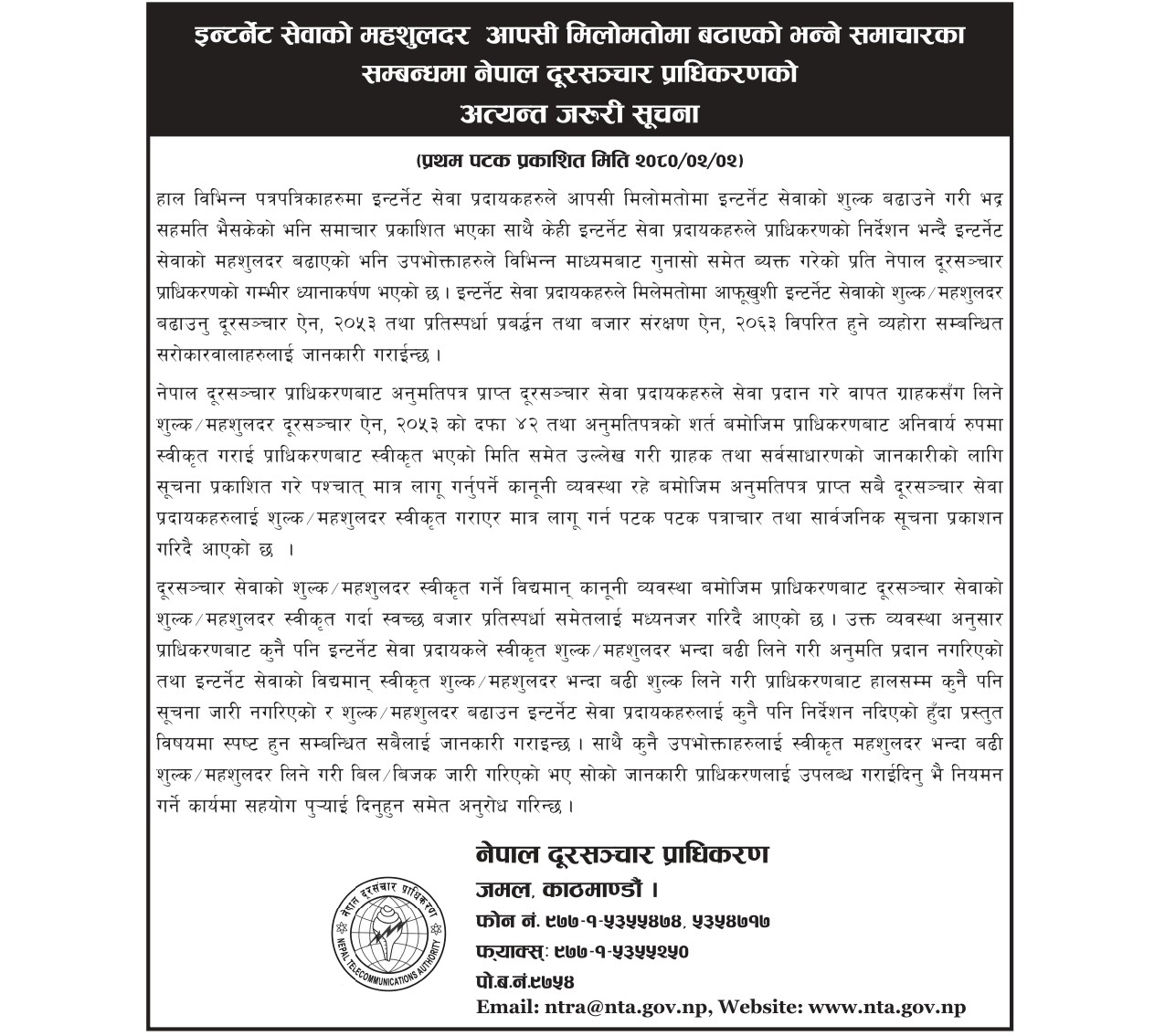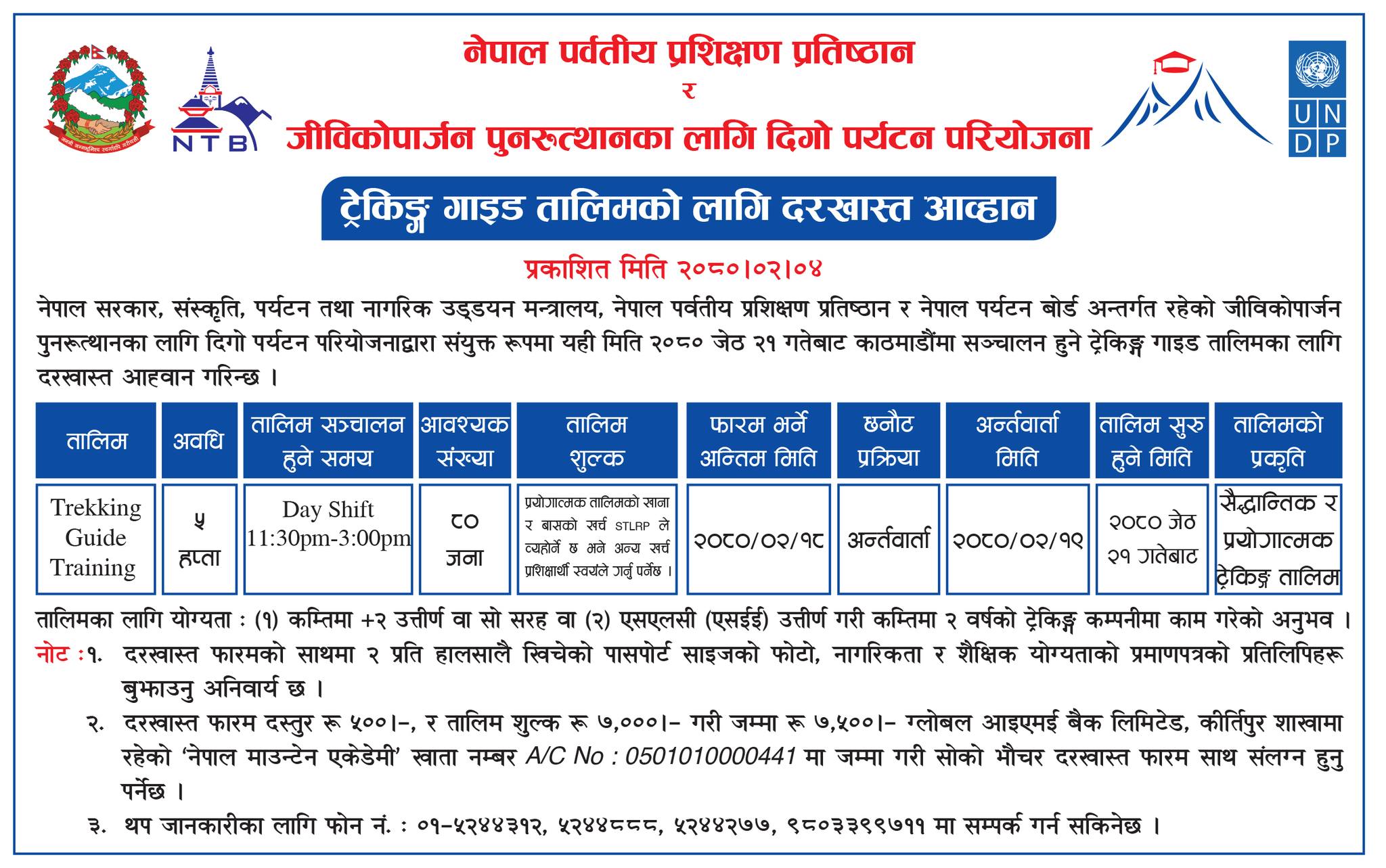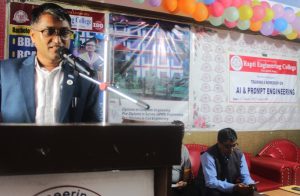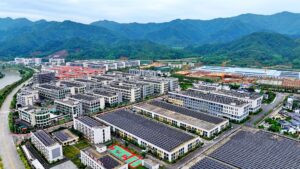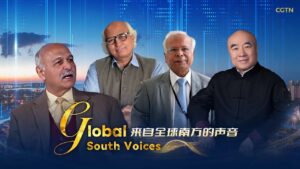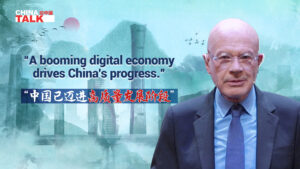China-Nepal Media Cooperation
“When we talk of Chinese development assistance, there is a sharp contrast as compared to the Western assistance which comes with a lot of strings attached. Chinese development assistance shows that it is neither transactional nor tactical nor temporary. It comes with no strings attached, no conditions, and no preconceived notions. Let the people decide,” said host Mushahid Hussain Sayed, former chairman of Pakistan’s Senate Defense Committee on CGTN’s show Global South Voices. This episode debunks the so-called “debt-trap” theory, discussing while China’s development benefits the Global South.
Harry Kamboni, a Zambian member of parliament, emphasized the critical role China plays in supporting the development of African nations. Kamboni highlighted the tangible benefits Zambia and other African countries have received through infrastructure development, investment in various sectors, and the enhancement of local capabilities. He stressed that China’s approach, characterized by respect and non-interference, contrasts positively with the often conditional aid provided by Western nations.
Carlos Ferreyra, an expert in global governance and an activist on climate change from Argentina, brought attention to China’s leadership in addressing global climate challenges. Ferreyra praised China’s commitment to sustainable development, particularly its significant investments in renewable energy and green technology. He argued that China’s efforts are essential not only for combating climate change but also for setting a global standard in environmentally responsible development practices. Ferreyra sees China’s initiatives as a model for other nations to follow.
John Pang, a Senior Fellow at the Belt and Road Initiative Caucus for Asia Pacific (BRICAP), discussed the strategic significance of the Belt and Road Initiative (BRI) in fostering global economic connectivity. Pang pointed out that the BRI has successfully bridged infrastructure gaps in many developing countries, enabling them to participate more fully in the global economy. He also noted that the BRI reflects China’s vision of a multipolar world where development is shared and benefits are mutual, challenging the dominance of Western-centric economic models.
Lastly, Keith Bennett, co-founder of Friends of Socialist China, offered a historical perspective on China’s development path and its international influence. Bennett argued that China’s approach to development, both domestically and internationally, is rooted in socialist principles that prioritize people’s welfare and collective progress. He emphasized that China’s model, which has lifted millions out of poverty and contributed to global development, presents a viable alternative to neoliberal policies that have often exacerbated inequality and hindered true development in many parts of the world.
Moreover, Sayed stressed the importance of looking beyond the surface-level critiques of China’s development model. He pointed out that while criticisms often focus on debt dependency or environmental concerns, these issues must be weighed against the tangible benefits China provides, such as infrastructure development, job creation, and technological transfer. He called for a more nuanced discussion that recognizes both the challenges and the achievements of China’s global engagement, urging listeners to consider the perspectives of those directly affected by these initiatives.
Adopted from CGTN-






